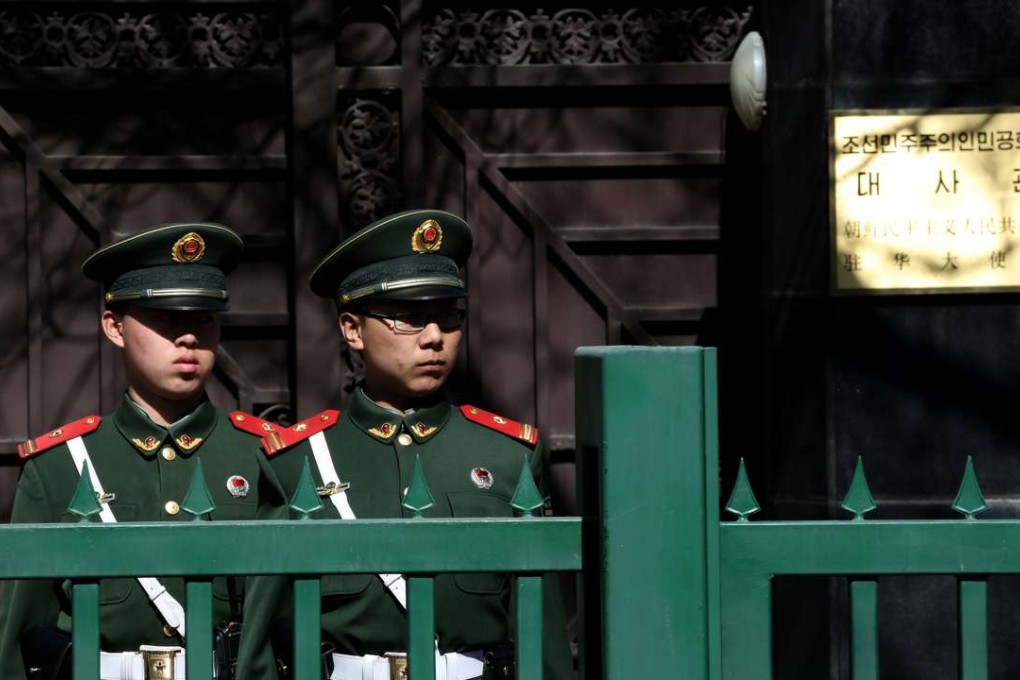North Korea’s reliance on China to grow as ties with Southeast Asian nations unravel
Pyongyang to depend even more on China for financial support, experts say

The assassination in Malaysia of the estranged half-brother of North Korean leader Kim Jong-un has stretched ties between the two nations to the breaking point and left the isolated Stalinist nation with fewer options for financial survival, experts say.
The worsening spat would force Pyongyang to become even more reliant on China for economic support, even as the regime delivers a veiled attack against Beijing for banning coal imports from the North, they said.
The relationship between Malaysia and North Korea rapidly deteriorated on Tuesday, with each side banning the other’s nationals from leaving the country. The tit-for-tat exchange came amid the ongoing investigation into the mysterious death of Kim Jong-nam, allegedly by female assassins using the VX nerve agent at Kuala Lumpur airport last month.
North Korean ambassador Kang Chol, who the Malaysian government declared “persona non grata”, was transiting through Beijing on Tuesday on his way back to Pyongyang.
